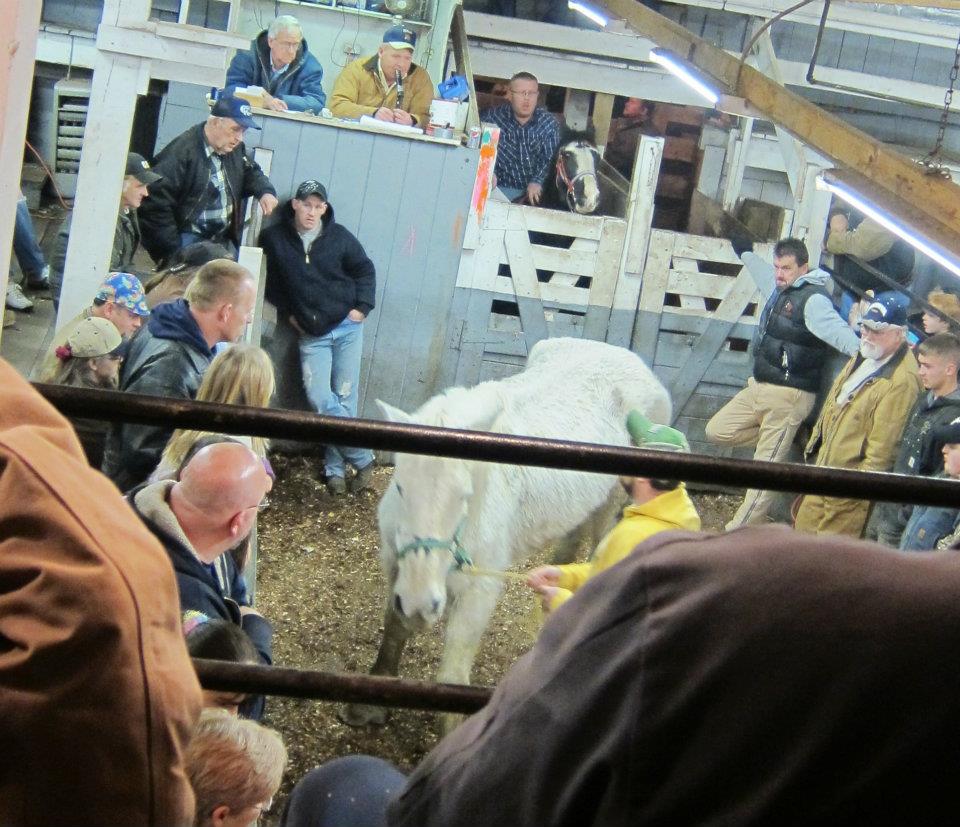As you know MAY KNOW, horse slaughter was not defunded in the House Appropriations Committee, and Congressman Jenkins voted to support American tax dollars being spent on USDA inspections for horse slaughter plants. The Senate Appropriations Committee did vote to defund horse slaughter. Therefore, the matter will not be resolved until the full Appropriations budget is put before Congress, which is expected to be the beginning of December.
Please send an email and take a moment to call to express your disappointment with Rep. Jenkins’ committee vote.
We need contact between now and the beginning of December of constituents, please.
WASHINGTON, D.C Phone: (202) 225-3452
HUNTINGTON Phone: (304) 522-2201 Email: https://evanjenkins.house.gov/contact
For over ten years, Safe Food Advocates, as well as Horse Advocates, have been able to work to assure Horse Slaughter has not re-opened in America by working yearly to secure the De-Funding of Horse Slaughter Inspections.
No USDA Inspectors means no plants in operation. Slaughter isn’t illegal in the USA. We simply simply secured the votes needed to not spend American Tax Dollars to fund this industry.
The De-funding of Inspections in Horse Slaughter plants is an issue the horse community must work on each year, though. We need YOUR Voice each year, and we need it in West Virginia more than anywhere.
YOU MIGHT USE LANGUAGE LIKE THIS TO EMAIL or use your own text, but please contact him right away:
"I am writing to you today as part of the equine (or/and farming) industry in West Virginia. It is the position of most West Virginians that we should never use American and West Virginian TAX dollars to re-open an industry in the USA which kills companion horses with the knowledge almost all have received medications that makes their bodies entirely dangerous for human consumption. We certainly feel, as a whole, West Virginian’s should never slaughter and ship unsafe food overseas to people anywhere. I feel strongly Congressman Jenkins needs to understand how important safe food is to our country, and exporting dangerous food is a truly horrible thought. We should never process an animal in the United States that we know has a high chance of being grossly unsafe for human consumption. Even if one disregards the ethical feelings many feel when we consider horses are “Companion” animals. Supporting a process where the USA exports of toxic meat to people is unfathomable to us. The vast majority of horses being slaughtered from the USA continually test positive for carcinogens (usually from Bute, for instance, which is given to most horses at least once in their lives and is illegal in food production animals). Taking funding from agricultural industries that feed and employ Americans to reopen inherently unkind and overseas demand-driven horse slaughter plants puts American agricultural industries at risk and long-term food safety, environment and community health in grave question, I believe. While horses are still shipped over our borders, de-funding slaughter inspections here is an excellent step toward ending export of US horses for unsafe meat. Now is not the time to backtrack. Less than 2% of American Horses face slaughter yearly. A few small industry changes would reduce this number, and I am certain of this as an unparalleled expert in our state. Slaughter has never been a viable answer to any equine challenges we face. West Virginia’s farmers and horsemen DO not support funding slaughter on American Soil."



This is the ultimate betrayal to an animal that has given so much!! They help settle this country, gone to war and are therapy animals for our vets coming home with PTSD, as well as disabled children and adults.
Save our horses!!!